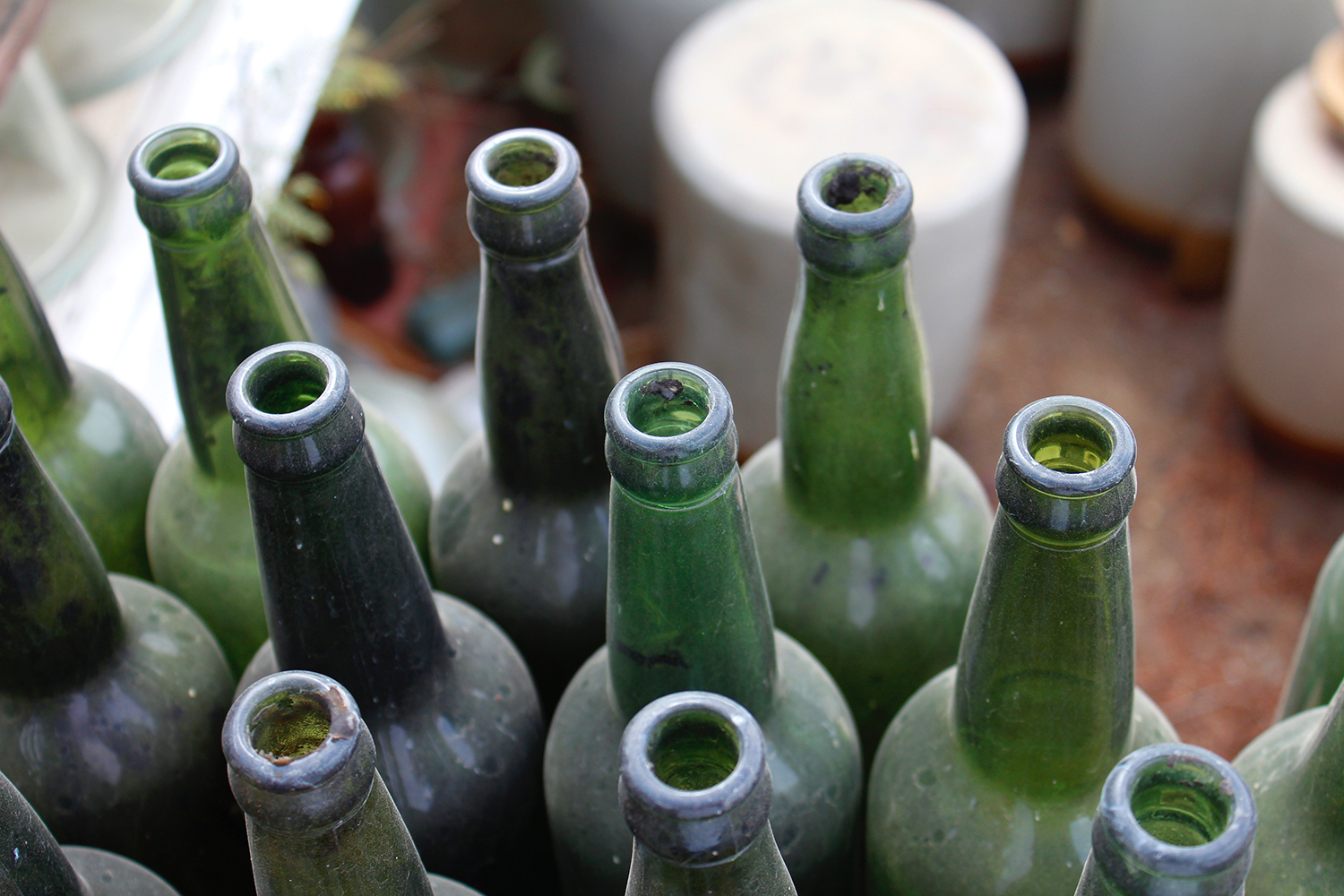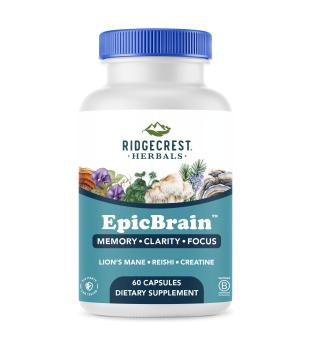Diet plays an important role in helping people manage chronic conditions like heart disease and diabetes. But can it help people who are in recovery from alcoholism?
Even though alcohol addiction has long been classified as a disease—and, significantly, one that can lead to nutritional deficiencies—there’s no standard nutritional protocol for its treatment. But that’s changing, with a growing number of recovery centers incorporating nutrition therapy into their regimen—backed by an increasing body of research.
The Impact of Alcohol Consumption
Because alcohol’s calories are empty ones, and because alcohol can impede the body’s ability to use the nutrients it takes in, it’s not uncommon for heavy drinkers to be malnourished. People beginning treatment are frequently deficient in vitamins A, B, C, and thiamine, zinc, and protein.
Such deficiencies can compound issues that people with alcohol addiction face. Low levels of zinc, for instance, can translate into depression, irritability, confusion, and lack of energy. Low levels of folate and vitamin B6, coupled with a decreased ability to absorb amino acids, make it harder for the body to produce serotonin and dopamine—the brain’s mood-boosting neurotransmitters.
On the Roller Coaster of Drinking Alcohol
While alcohol abuse suppresses dopamine, alcohol itself boosts it, setting up a perfect storm for people vulnerable to addiction. Dopamine levels drop, but reaching for an alcoholic drink can restore them—briefly, until it contributes to their dropping again.
The cycle is compounded by spikes and drops in blood sugar. Alcohol converts to sugar in the bloodstream; too much sugar can trigger the body to produce too much insulin. That leads to hypoglycemia, or low blood sugar, which brings on cravings for sugar, often in the form of alcohol.
It’s no wonder, then, that relapses are common for many, if not most, people struggling to be free of alcohol addiction. An estimated 50 to 80 percent of those who undergo treatment relapse within a few years.
Nourish and Heal While in Recovery
Talk therapy and 12-step programs are key parts of recovery both for people who have recently given up drinking and for those with years of sobriety. Nutritional therapy complements that. Healthy eating and supplementing with vitamins, minerals, and amino acids targeted to the individual add another strategy for staying sober.
Nutritional treatment for those in recovery aims to do a few things: correct deficiencies, control cravings, and establish healthy eating habits. In other words, get people healthy and maintain their recovery.
What Not to Eat When in Alcohol Recovery
Simple carbohydrates that quickly turn into sugar in the body are no-nos. They produce the same kind of blood sugar surges and drops that alcohol does. That means avoiding white bread, pasta, rice, and baked goods. Processed sugar—and foods that contain it—should be avoided as well, for the same reason. They promote instability in blood sugar, and they bring on cravings for more.
What to Eat When Recovering from Alcoholism
Meals and snacks should feature high-protein foods that have plenty of amino acids, along with complex carbohydrates. Healthy fats can help regulate blood sugar levels. (Note: People with damaged livers should avoid high-protein diets.)
How does that translate into a menu plan? For breakfast, think eggs, which are high in protein and amino acids. Chicken and fish served with veggies are good choices for lunch and dinner—especially if the fish is a fatty one like salmon or sardines—and throw in beans or whole grains to round out the meal. Avocados, almonds, olive oil, fruit, and greens should also be on the list.
Supplements to Support Alcohol Recovery
The experts on nutrition and alcoholism say a supplement regimen for treatment must be adjusted to body chemistry, so anyone considering adding supplements to their routine should consult a nutritionist or other healthcare provider who has experience working with people in recovery.
Among recommended amino acids are glutamine, which is used to calm cravings during alcohol withdrawal, the mood-booster tyrosine, and 5-HTP or prescription tryptophan, which promote serotonin production.
Vitamins B6, B12, and folic acid contribute to serotonin production too. Omega-6 and omega-3 fatty acids play a role in neurotransmitter function, and can help reduce anxiety in people with substance abuse issues.
One study of patients with addictions found that 70 percent were deficient in vitamin D and had insufficient levels of vitamin C; another found either iron or vitamin deficiencies (especially vitamins A, C, and E) in 50 percent. Those may be recommended as well.
The Results of Nutrition Therapy During Recovery
Articles report anecdotal evidence—individual people who were finally able to leave alcohol behind, or who stopped craving alcohol, after nutrition therapy. Studies back them up. Nutritionist Joan Mathews Larson, the director of the Health Recovery Center in Minneapolis, reported that 74 percent of alcoholics who completed her program were still sober three years out. And a study at a Waco, Texas, veterans hospital looked at people who’d been heavy drinkers for up to two decades. Six months into nutritional treatment, 81 percent were still sober—a much higher rate than in the control group, where 62 percent returned to drinking.
Adopting healthy eating habits is a key strategy in achieving and maintaining long-term sobriety. If you or a loved one deal with alcoholism, it’s an approach to consider.





